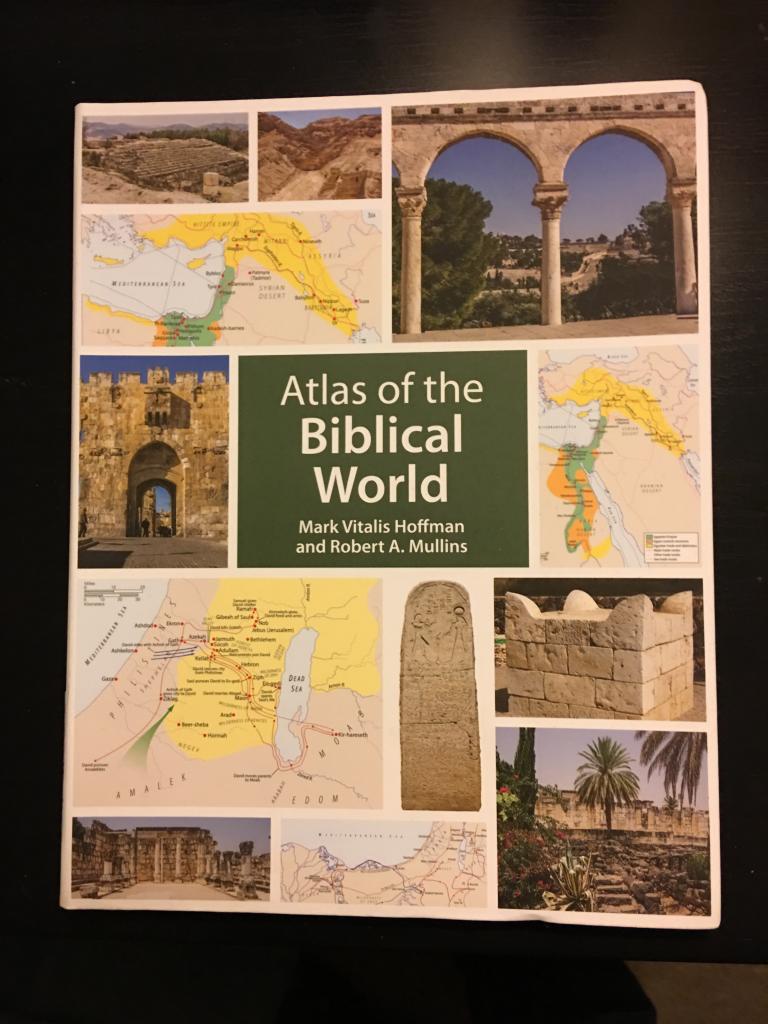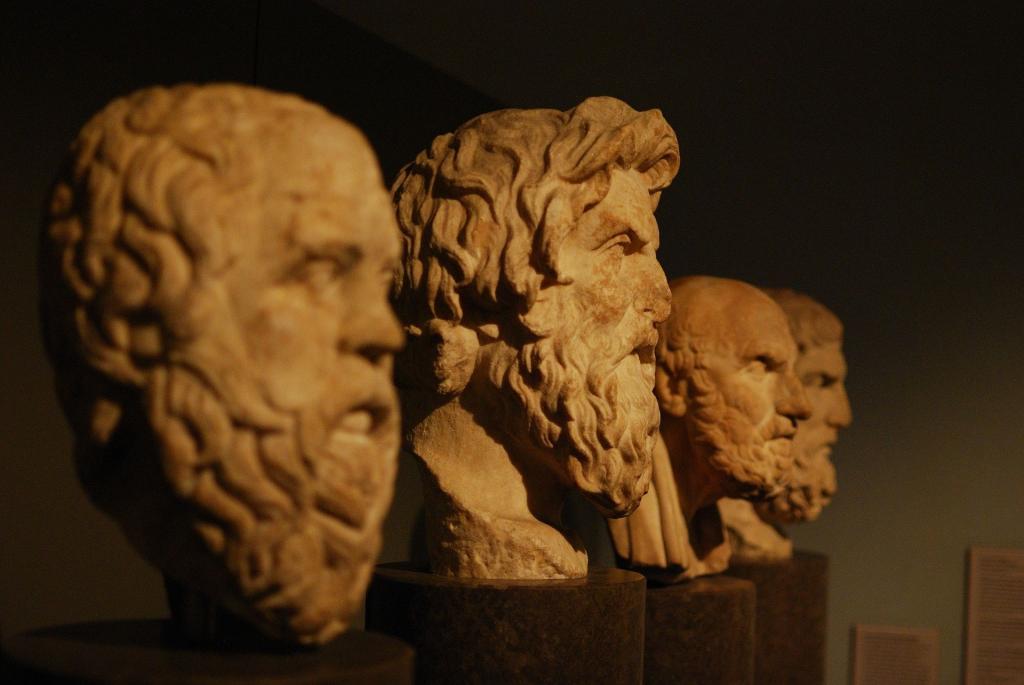In 2 Corinthians 4:4 the apostle Paul says: The “god of this age” has blinded the minds of unbelievers from seeing the light of the gospel so that they could understand and follow Christ. In the Greek, there is no distinction between an upper case “God” or lower case “god.” Theos can mean either of these depending on syntax and context. There are a few competing views regarding the identity of this being. Five Views of the “God of this... Read more

















Thomas Aquinas on Mercy: Should I Forgive One Person but not the Other?
The great 13th century Dominican philosopher Thomas Aquinas writes about Jacob’s election over Esau prior to either son being born. God made his choice before either child could do anything good or bad (Romans 9:10–12/ Genesis 25:21–25). According to Aquinas’s Commentary on Romans (C.9 L.2.758), this passage excludes at least three errors: First, it precludes assumptions that one can trust in the merits of one’s ancestors. In other words, God is not obligated to excuse individuals purely because of the... Read more